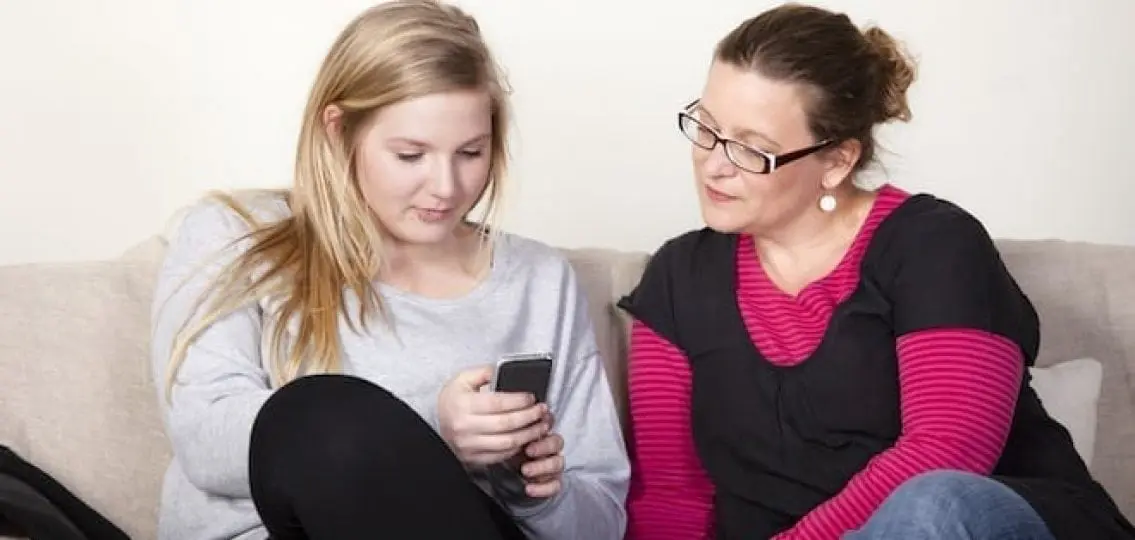More than ever, parents are worried about their teens getting into some sort of trouble based on “social” influences. Social media, technology, and generational shifts have flooded our teens with all sorts of information and stimulation that can frequently make even the healthiest kid feel anxious. This leads to parents asking, “Should I monitor?”

Parents do need to watch and listen to their teens to determine whether they have become over-stimulated and as a result, are making bad decisions. But, parents can go too far with overprotection. Teens need privacy to feel independent and trusted by their parents. When parents assume that any exposure will lead to bad behavior, they disregard the intelligence and moral character of the teen. In fact, most healthy kids still make good decisions.
Should I Monitor? Teen Privacy Online
Supervision is essential to protect children, but mental and physical privacy is also important. When parents interrogate or demand knowledge from their kids, like “no secrets,” right away teens feel like they must have done something wrong and they are in trouble. Often, that means that the game is over right there.
This type of overprotection can create a bad cycle. The teen may feel defensive and sense their parents’ anger or disappointment. Once teens feel that every move is being evaluated, they may begin to feel self-doubt: “If my parents question my feelings, actions, and decisions, then I must be incapable of making good decisions.” This type of parenting produces shame and guilt, and guilt leads to low self-esteem. Parental monitoring may inadvertently create an angry or depressed child.
Parents need to let their kids have their own thoughts because when kids think, they begin to solve problems by themselves and make good rather than bad choices. Instead of insisting that they disclose all, assure them that they can feel safe to come to you for guidance, understanding and help. But first, they have to believe that you trust them to think for themselves.
Of course, there are exceptions. If a teen is behaving badly, savvy parents must help their child figure out what is going on and work together to fix the problem. When the situation is difficult to resolve, the parents can seek outside help.
Protecting Your Kids
So, how can parents protect their kids?
- Supervise their activities. Place that home computer in an open area in your house and decide appropriate levels of usage.
- Educate and explain the dangers of technology: internet predators, placing personal information on electronic devices, etc.
- Establish clear rules and clear consequences for breaking the rules.
- Reinforce and celebrate when your child makes good choices.
Technology is now an essential part of our lives and has changed so much about how we communicate, but your role as a parent remains the same: teach, love, and protect, while respecting your child’s individuality. And, when appropriate, let them learn from their mistakes while you stand close by.




